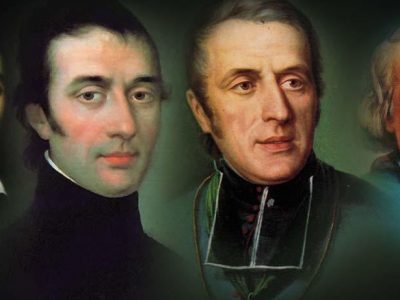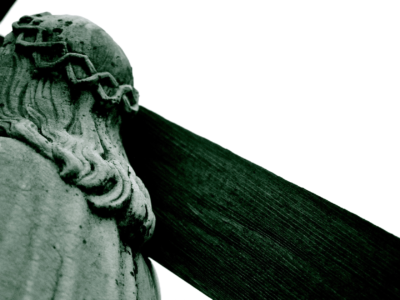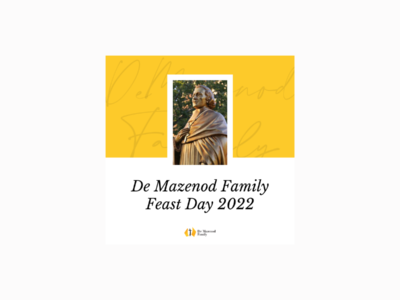By Nimmi Candappa
Ever been a part of a costume party where guests come dressed as the famous, the absurd, the comical? Or a masquerade party where guests are left to guess the real identity behind the decorative masks? Many of us might even feel that there are masks we wear in everyday situations, when we conceal parts of ourselves. Only few intimate family or close friends are allowed to see us, warts and all. When others reveal themselves more and more to us, we can feel a sense of privilege, a sense that we have been trusted.
This week we celebrate the Transfiguration of Jesus. While we often conceal the less attractive sides to us, Jesus conceals much of His Divinity from us, His expansive beauty and power, knowing we cannot fully grasp the enormity of it. Yet at the Transfiguration, Jesus chose to reveal His true identity to certain apostles, showing them a glimpse of His glory and majesty. Knowing the challenges they were soon to face, the Transfiguration strengthened their resolve and gave them hope in the dark times. Awareness of the Transfiguration of Jesus, in turn, is meant to transfigure us internally, enhancing our faith, our trust in God, and our commitment to love, even in dark times.
St Eugene de Mazenod experienced a transfiguration in a very specific manner one Good Friday. Although he had shown signs of other-centredness and kindness prior to this, for example, at a young age, dragging wood to a neighbour who was cold; he was also drawn to the more worldly ambitions of fame and fortune. Until that Good Friday – when God revealed in a more explicit manner some of the love God had for St Eugene. From that moment, St Eugene was transfigured. Responding to this love, he allowed this love to create the direction for his life, wanting more than anything else to love this God who had died for him. His outlook changed through this transfiguration experience – at one point writing “love imprints its character on my soul, it is indestructible. It is the answer to all.” This attitude is evident in his interaction with others. After chastising any of his priests, for example, St Eugene tried to ensure that any communication ended with the recipient reassured that he is loved by St Eugene. Speaking of the lost, he said “I open my heart to bring them back because I really love them in Jesus Christ”, and when speaking of the Congregational Rules he had defined, he believed ‘our rule embraces every action in our lives”. That is, for St Eugene the transfiguration experience played itself out in all his actions. When we feel God’s love, we respond in love.
In this coming fortnight, let us look at any discrepancies between our relationship with God, and our relationship with those we meet in our daily lives. In which situations do we love God but hold back love for our neighbour?









